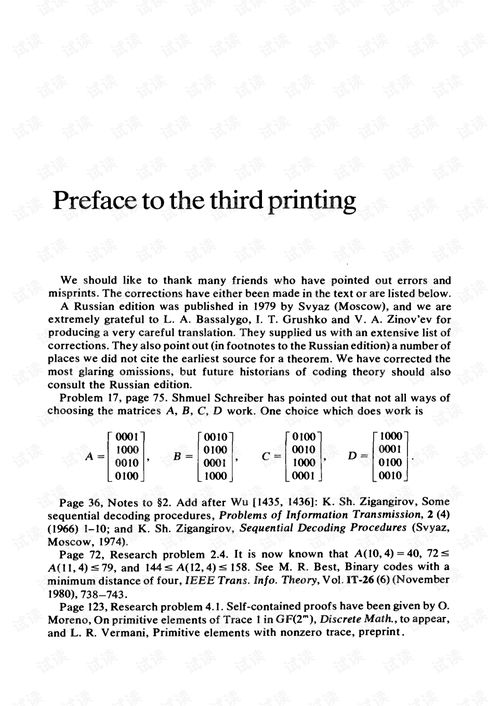Content:
Fishing is an art that requires patience, skill, and a deep understanding of the water and its inhabitants. Whether you are a seasoned angler or a beginner, there is always room for improvement in your fishing techniques. In this article, we will discuss how you can pair your knowledge with the right techniques to become a master angler.
Choose the Right Equipment
The first step in mastering your fishing techniques is to ensure that you have the right equipment. This includes selecting the appropriate rod, reel, line, lure, and bait. Here are some tips for choosing the right equipment:
- Rod: The length and action of your rod should match the type of fish you are targeting. For example, a longer rod is better for casting distance, while a shorter rod is more suitable for close-range fishing.
- Reel: A spinning reel is ideal for freshwater fishing, while a baitcasting reel is better for saltwater fishing. Make sure the reel is properly lubricated and the drag is set correctly.
- Line: Choose a line that is strong enough to handle the fish you are targeting, but also thin enough to be easily cast. Monofilament is a popular choice for freshwater fishing, while braided line is better for saltwater fishing.
- Lure: The type of lure you use depends on the fish you are targeting. Soft plastics, spinnerbaits, and jigs are all effective for a variety of fish species.
- Bait: Live bait can be more effective than artificial lures, but it requires more time and effort to prepare. Choose bait that is native to the area you are fishing.
Learn the Basics of Casting

Casting is a fundamental skill that every angler must master. Here are some tips for improving your casting technique:
- Hold the rod with a comfortable grip, and keep your elbow close to your body.
- Swing the rod back with your wrist, not your arm, to increase casting distance.
- Aim for a target and release the line at the same time as you bring the rod forward.
- Practice casting in different directions and distances to improve your accuracy.
Develop a Sense of Timing
Timing is crucial when it comes to fishing. Here are some tips for developing a sense of timing:
- Observe the behavior of the fish in the water. Look for signs of feeding, such as fish breaking the surface or rising to the top.
- Pay attention to the weather and water conditions. Fish may be more active on certain days or times of the year.
- Use a fishfinder or other electronics to help you locate fish in the water.
Master the Art of Reading Water
Reading water is a skill that takes time to develop, but it is essential for successful fishing. Here are some tips for mastering this skill:
- Observe the water's surface. Look for signs of fish, such as ripples, boils, or splashes.
- Study the bottom of the water. Fish often hold in certain areas, such as around rocks, logs, or vegetation.
- Pay attention to the currents and eddies. Fish may be attracted to these areas for protection or food.
Adapt Your Techniques to Different Fish Species
Different fish species require different techniques. Here are some tips for adapting your techniques to different fish species:
- For bass, use techniques such as flipping, pitching, and worming to target fish in heavy cover.
- For trout, use techniques such as nymphing, dry-fly fishing, and streamer fishing to target fish in clear water.
- For catfish, use techniques such as bottom-bouncing, jug fishing, and cutbait to target fish in murky water.
Practice, Practice, Practice
The only way to improve your fishing techniques is through practice. Spend time on the water, and don't be afraid to experiment with different techniques and equipment. With time and dedication, you will become a master angler.
In conclusion, becoming a master angler requires a combination of knowledge, skill, and practice. By choosing the right equipment, learning the basics of casting, developing a sense of timing, mastering the art of reading water, adapting your techniques to different fish species, and practicing regularly, you will be well on your way to becoming a fishing expert. Happy fishing!












